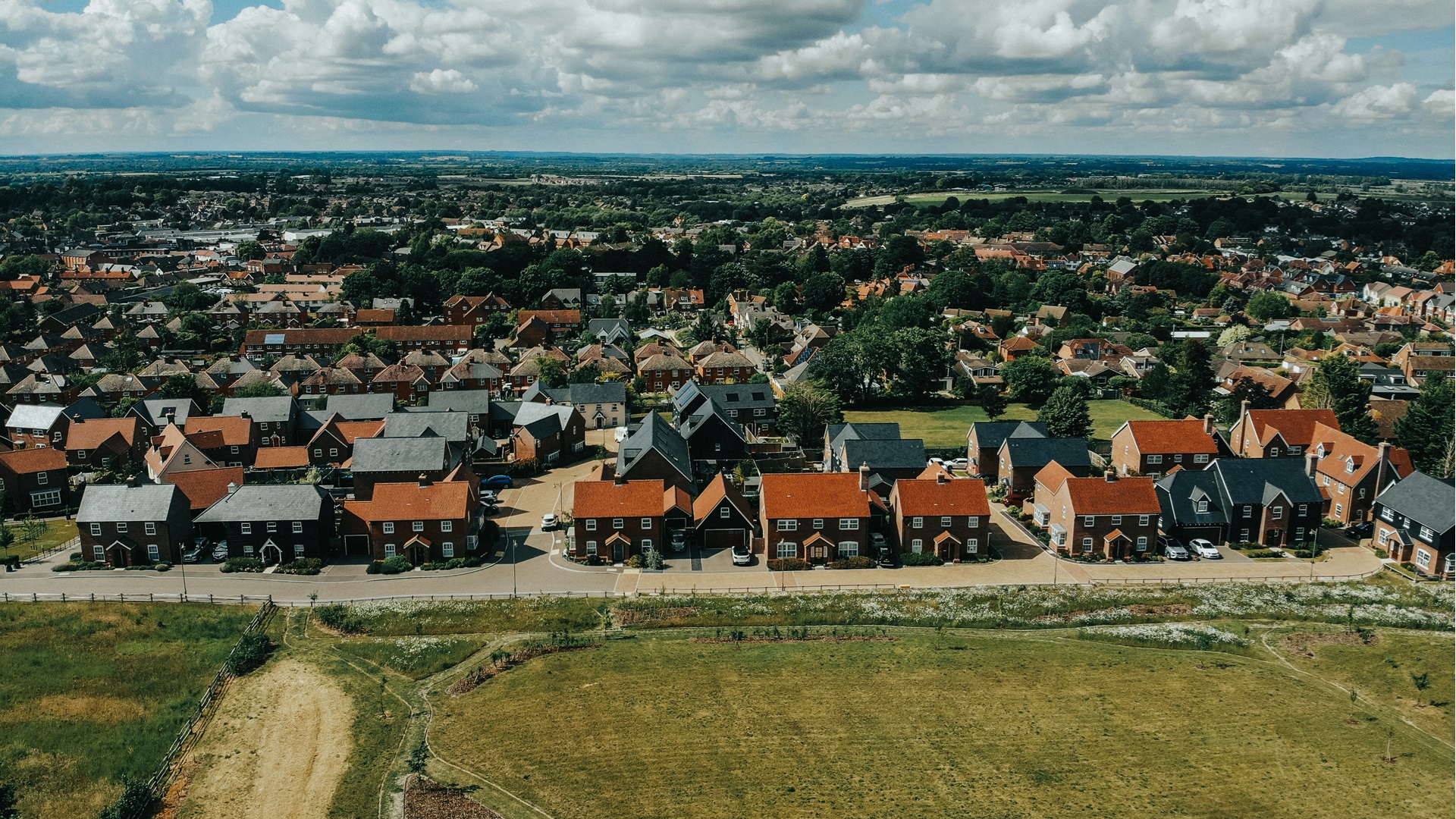
The Housing Crisis: A Call for Increased Investment in Social Housing
The recent UK Housing Review 2024 reveals an alarming trend in government housing spending, indicating a desperate need to shift focus towards building new social housing. With government spending reaching record levels due to housing benefits, the question arises: are we truly addressing the housing crisis, or merely putting a band-aid on a much deeper wound?
Government Spending Trends
In the 2021/22 financial year, the UK government allocated a staggering £30.5 billion for housing, a significant increase from £22.3 billion in 1975/76. However, only a mere 12% of this amount was earmarked for building or improving homes. This disproportionate allocation underscores a critical misalignment between funding priorities and the pressing needs of the housing sector.
Furthermore, housing benefit funding has soared to £26.8 billion, a stark reflection of the growing reliance on financial support for housing rather than investing in the creation of sustainable housing solutions. This trend highlights the urgent necessity for a long-term housing strategy that balances support for current tenants with the development of new housing initiatives.

Image: Matt Seymour / Unsplash
Consequences of Benefit Cuts
John McDonnell has sounded alarms about the potential consequences of cuts to housing benefits. Such reductions could exacerbate existing problems for countless families already struggling to make ends meet in a challenging housing market. As the need for affordable homes continues to swell, we find ourselves at a crossroads: do we persevere with a system that defers housing solutions, or do we pivot towards more sustainable measures?
Misalignment in Housing Policies
According to John Perry from the Chartered Institute of Housing, the over-reliance on housing benefits as a primary financial mechanism is fundamentally flawed. Perry states:
“We have a situation where, in real terms, we’re spending a bit more than we used to in the 1970s on housing, but almost all of that money is going into the benefit system rather than housing.”
This insight encapsulates the frustration felt by housing advocates, who argue that continued investment in benefits without corresponding capital for new homes represents a missed opportunity to address the housing crisis at its roots.
The Urgency for Reforms
To remedy this situation, experts are urging the government to reconsider its approach by redirecting funds towards building new social housing. The current landscape requires a significant increase in annual social housing construction, with recommendations suggesting a target of 90,000 new homes annually to mitigate homelessness risks.
Additionally, implementing rent controls could help stabilize the housing market and provide much-needed protections for vulnerable tenants, ensuring that housing remains accessible and affordable.
Utilizing Right to Buy Receipts
A critical avenue for funding new housing lies in the receipts from the Right to Buy scheme, which has generated approximately £9.4 billion in revenue. However, the effectiveness of these receipts is hampered by stringent regulations that often deter reinvestment into social housing projects. To unleash the full potential of this funding, reforms must be enacted to facilitate the effective reinvestment into new developments.
Voices from the Field
Advocates for change, such as Francesca Albanese from Crisis, are stressing the importance of maintaining current investments in housing benefits while also channeling resources towards constructing new social homes. The balance between immediate support and long-term investments is pivotal in reversing the trend of inadequate housing supply.

Exploring innovative social housing solutions is essential for the future of affordable housing.
Moving Forward: A Call to Action
The current conditions in the housing market present a complex challenge that requires coordinated efforts from government agencies, financial institutions, and the construction sector. The intertwining issues of increasing demand for social housing and diminishing supply signal an urgent need for collective action.
In conclusion, the focus must shift towards sustainable investment strategies that prioritize the construction of new social housing alongside vital support mechanisms for existing tenants. As we navigate the housing crisis, a well-rounded approach could pave the way for a more secure and affordable housing landscape in the UK.
By addressing these challenges head-on, we can foster a housing market that truly serves the needs of all citizens, not just a privileged few.

The future of housing must be bright and inclusive.
Conclusion
The journey towards a more equitable housing landscape is fraught with challenges, but with appropriate changes to funding priorities and policies, it is a journey that can lead to impactful outcomes. The time for change is now, and it’s imperative that we act decisively to secure a better future for ongoing and prospective tenants in the UK.














